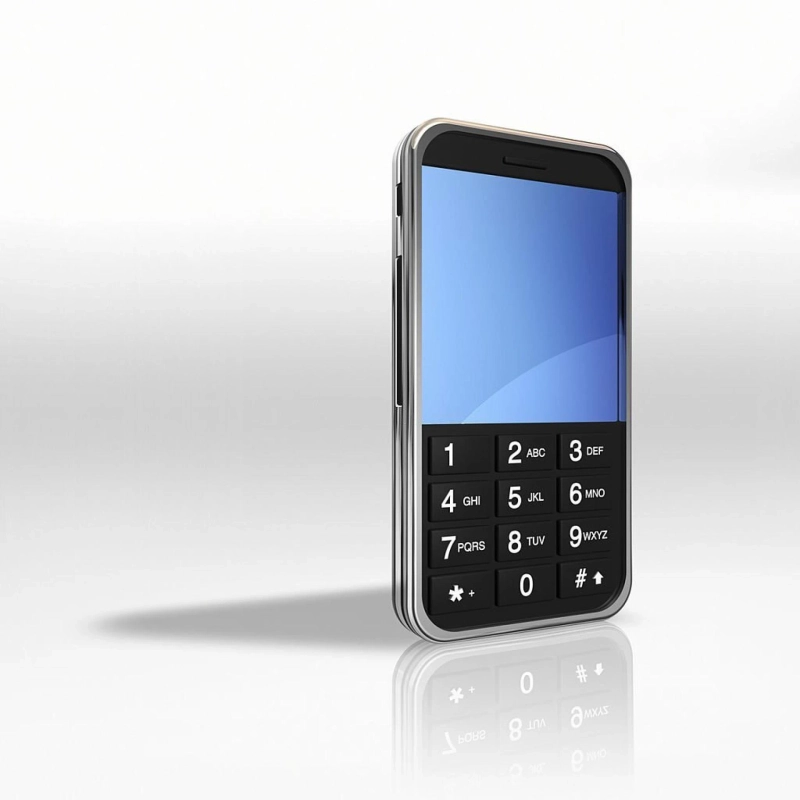Introduction
Mobile phones have become an indispensable component of our daily lives in today's digitally connected world. They have completely changed how we interact socially, work, and communicate. The use of a fancy mobile number that goes beyond the typical digit sequence has grown in popularity along with the increased reliance on mobile phones.
Unique number combinations that are thought to be remarkable or desirable because of their distinctive patterns or meanings are known as fancy numbers. In this article, we will examine the world of fancy numbers including factors driving the trends, the many kinds of fancy numbers and its market demand.
Factors Contributing to the Trend
In today's society, there are a number of variables that are driving the growing trend of fancy mobile numbers.
Self-expression and personalization: Owning a fancy cellphone number enables people to exhibit their distinctive personalities and stand out from the crowd in a world where individuality is highly prized. People may feel a sense of connection and attachment to their mobile phone if they have the option to select a cellphone number that has special meaning for them, such as a birthdate, anniversary, or lucky number, turning it from merely a communication tool to an expression of who they are.
The influence of social media and digital
identification: this is another reason fueling the trend of fancy numbers. Having a unique cellphone number can help people establish a memorable online presence in the social media era, as people share all elements of their lives online, including their phone numbers. In particular for influencers, celebrities, and companies who utilize their mobile numbers as part of their marketing plan, it can improve their personal brand or image.
Business and marketing strategies: The demand for a choice mobile number is significantly influenced by businesses and marketing tactics. To improve customer experience and brand memory, many businesses employ memorable and simple-to-remember numbers as their customer service hotlines or helplines. For instance, in the hospitality sector, hotels and airlines frequently employ fancy numbers to make their customer service or reservation lines stand out, so drawing in more business and improving their brand image.
Regional and cultural factors: Numerology is widely used to describe superstitions, good fortune, and auspiciousness. For instance, the number 8 is lucky in Chinese culture because it is said to sound like the word "prosper" in Mandarin, and numbers with repeated digits, as 8888, are highly prized. In contrast, the number 4 is avoided because it is seen to be unfortunate in Chinese culture since it has a similar pronunciation to the word "death" in Mandarin. Similar to how numbers like 786 are revered and thought to bring blessings in Indian culture, they are frequently sought after by people from particular religious or ethnic backgrounds.
Types of Fancy Mobile Numbers
There are several different kinds of fancy mobile numbers, and each has a certain attraction and meaning. Typical examples of extravagant mobile phone numbers include:
Vanity numbers: these are those that, when entered into a phone's keypad, spell out words, such as 1-800-FLOWERS or 1-888-MY-BANK. Because they are simple to recall and have the ability to express a particular message or image, vanity numbers are employed by corporations and people for branding and marketing purposes.
Repeat numbers: These are digit-heavy numbers like 9999, 8888, or 7777. In many cultures, repeating numbers are regarded as lucky and are linked to prosperity, wealth, and abundance.
Sequential Numbers: these are numbers that have successive digits Examples include 1234, 5678, and 6789. People who respect originality and appreciate the visual appeal of systematic and sequential patterns are drawn to sequential numbers.
Palindrome numbers: they are those that read the same both forward and backward such as 1221, 3443, or 5665. Some individuals believe that palindrome numbers are exceptional because of their symmetry and balance.
Lucky numbers: these are those that, according to cultural or individual beliefs, are likely to bring luck or fortune. For instance, the number 7 is lucky in many cultures, thus cellphone numbers with the number 7 in them, such 777, 7777, or 77777, are frequently desired.
Additional inventive combinations: In addition to the sorts mentioned above, there are countless other inventive combinations that people can find interesting, such as numbers with particular patterns, important dates, or personal meanings. Some people may think that a cellphone number like 54321, which has a distinctive falling pattern, or a number like 1313, which marks the date of a significant event, are fancy examples.
The demand for fancy numbers has generated a bustling industry where these one-of-a-kind numbers are bought and sold at various costs based on their appeal and scarcity. The price of fancy numbers is frequently arbitrary and subject to influences from the number's kind, digit configuration, cultural connotation, and market demand.
Conclusion
Globally, the trend of fancy cellphone numbers has been increasingly popular due to a combination of individual preferences, cultural norms, and marketing tactics. While it opens doors for investment, branding, and self-expression, it also sparks worries about environmental effects, access disparities, and the exploitation of cultural values. Regulation and ethical considerations are required for the valuation, sale, and usage of posh cellphone numbers in order to guarantee ethical and fair operations.



